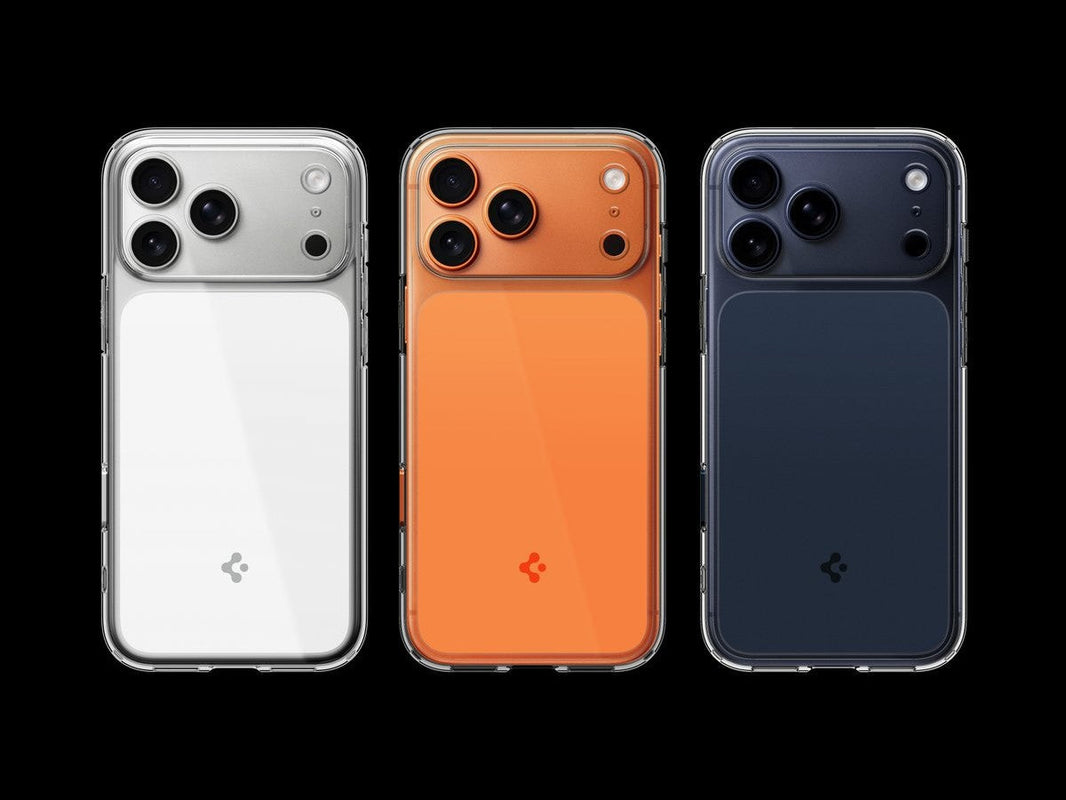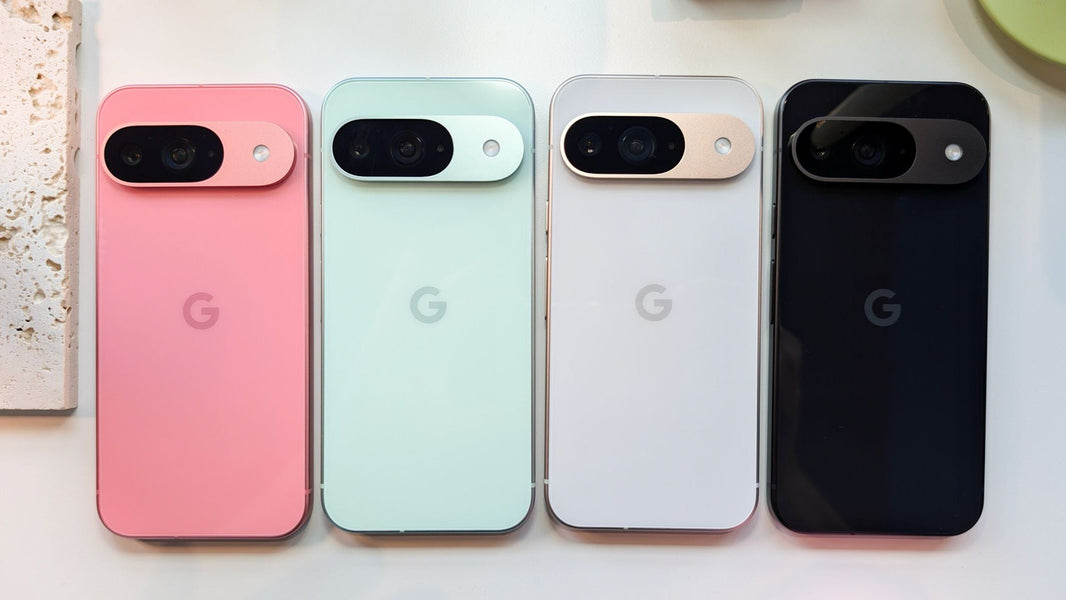Apple has touted its Bionic processor series as a revolutionary step in the technology industry, taking the speed, energy efficiency, and artificial intelligence capabilities of its devices to new heights. Based on user reviews, let's see how this technology is affecting everyday life.
Key features of Bionic processors
Apple's processor family began with the A11 Bionic in 2017, which changed the performance landscape of the iPhone X and iPhone 8. The innovative architecture of this line is based on the Neural Engine, which is specifically designed for AI tasks such as Face ID, photo processing, and machine learning.
The latest generation A18 Pro , which was released in 2024 in the iPhone 16 Pro and iPhone 16 Pro Max models, offers an even more advanced combination of performance and energy efficiency. Its 3-nanometer architecture provides high speed for games, complex applications and AR (augmented reality) use. And the improved Neural Engine processes AI processes faster, such as real-time text translation or photo beautification.
Customer Experiences
Graphics performance: iPhone 16 Pro users are reporting that the A18 Pro processor takes mobile gaming to a new level. "Apple's new GPU truly handles PC-level graphics. The realistic textures and smooth animations while gaming create an amazing experience," one user wrote on Twitter.
Power efficiency: iPhone 16 Pro and Pro Max users highlight that the A18 Pro processor contributes to battery life. "The battery lasts all day, even though I'm actively using games, video recording, and social media," the user says in a YouTube review.
AI support: A new neural engine gives users features like separating objects from the background in a video or live translating text almost instantly . "Live Translate is so fast when I'm traveling that I can't use any other app," one Reddit user said.
Negative reviews and challenges
Price and availability :
The benefits of Bionic processors come at the cost of increasing the price of devices. The iPhone 16 Pro models, which have the A18 Pro processor, have become unaffordable for many.
"I like technological innovation, but the price increase every year makes me feel like Apple is slowly becoming a premium brand," one user wrote on Reddit.
Limited sense of innovation:
Some users believe that Apple no longer introduces the kind of significant innovations it did in previous generations.
"The iPhone 16 Pro's A18 Pro processor is good, but I don't feel like it makes much of a difference compared to the A17 Pro. Should I pay a lot of money every year for a small improvement?" one user said on Twitter.
Competition from other manufacturers:
While Apple's Bionic processors are innovative, users often note that the new Snapdragon processors handle graphics tasks and multitasking relatively better.
"Some Android devices with Snapdragon 8 Gen 3 processors offer just as good or better performance at a lower price. Apple's pricing policy is simply unfair," the tech blogger wrote.
Bionic's impact on the market
Apple's processors are changing the standards not only for consumers, but also for competitors. Qualcomm's Snapdragon and Samsung's Exynos processors are trying to compete with Apple's 3-nanometer architecture and the power of the Neural Engine , but according to consumer reviews, the Bionic processors still lead.
Conclusion
Apple's Bionic processors have been a game-changer not only in technology, but also in everyday life. The A18 Pro processor opens up new possibilities in graphics power, energy efficiency, and AI task speed, putting the iPhone 16 Pro and Pro Max models at a highly competitive level.
If you're looking for a device that combines innovation, speed, and reliability, iPhones with Bionic processors will definitely exceed your expectations. Apple once again proves that technological leadership is its top priority.












